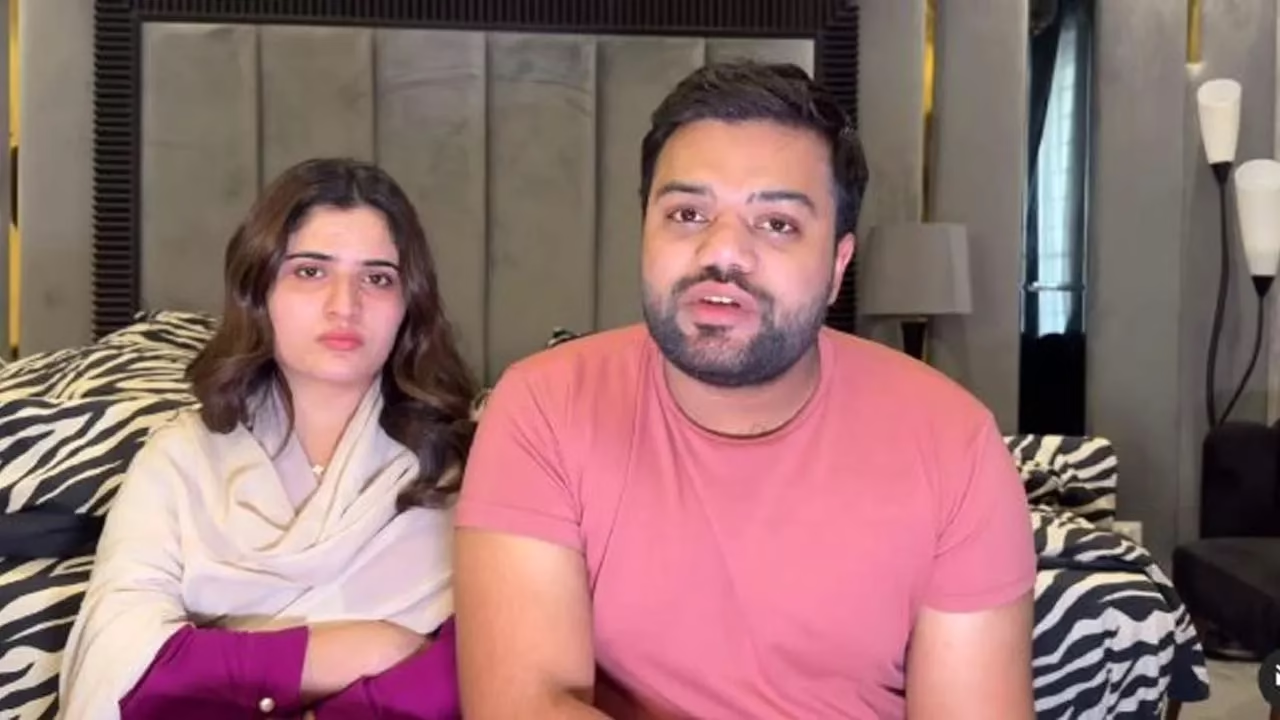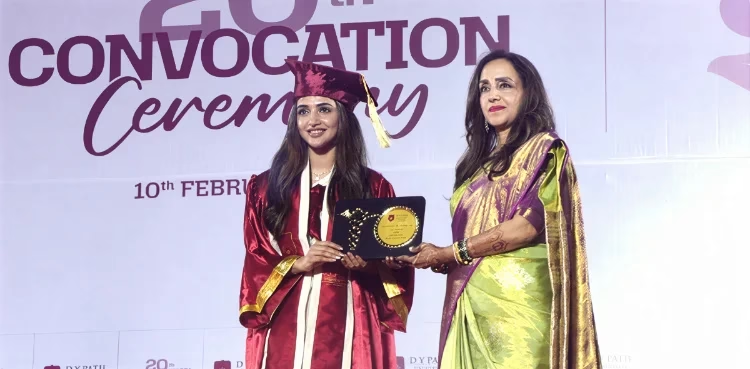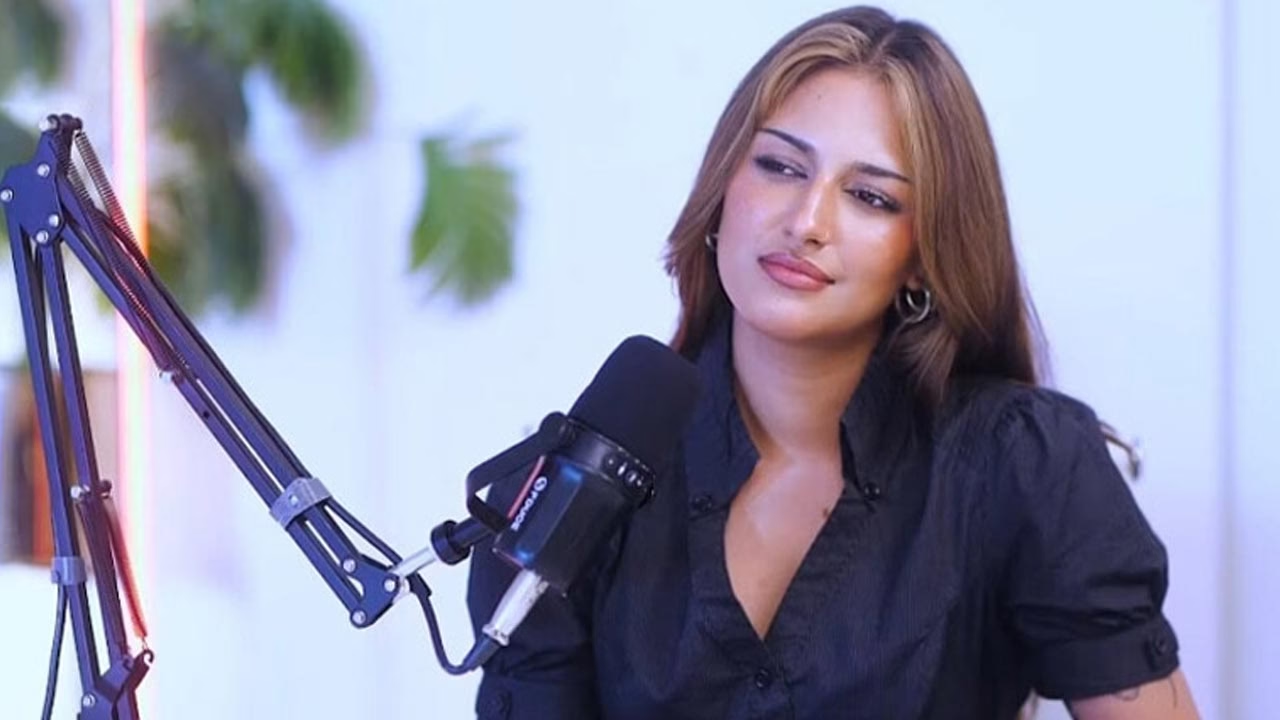The Dikki Bhai case has recently drawn significant attention in Pakistan’s legal and digital communities. The Sessions Court in Lahore heard the interim bail plea concerning allegations of gambling promotion in the videos of popular YouTuber Dikki Bhai and his wife, Aroob Jatoi. This case highlights the growing scrutiny over online content creators and the legal consequences of promoting unlawful activities on digital platforms.
Details of the Hearing
The Additional Sessions Judge presided over the hearing in Lahore, where advocates Irfan Kalyat and Raja Abdul Rehman Ranjha represented Aroob Jatoi. The defense argued in favor of protecting Jatoi from immediate arrest while the investigation continues. The court acknowledged the plea and granted interim bail, preventing law enforcement from arresting her until August 30.
Court’s Directives
While granting interim bail, the court issued important directives. Aroob Jatoi was ordered to join the ongoing investigation to clarify her position regarding the gambling allegations. Additionally, the court sought a comprehensive report from the investigating officer to be presented at the next hearing. These steps underscore the judiciary’s intention to balance legal accountability with fairness to the accused.
Allegations of Gambling Promotion
The Dikki Bhai case revolves around accusations that the YouTuber and his wife promoted gambling through their online content. In recent years, authorities in Pakistan have tightened regulations surrounding online platforms, particularly regarding illegal promotions like betting and gambling. Such activities, if proven, can lead to serious legal repercussions, including fines and imprisonment.
Growing Scrutiny on Digital Influencers
This case reflects a wider trend of increased monitoring of digital influencers in Pakistan. With millions of followers, YouTubers and content creators hold considerable influence over young audiences. According to DataReportal 2024 statistics, Pakistan has over 87 million internet users and more than 71 million social media users, making the regulation of online content more critical than ever. Authorities argue that unchecked promotion of gambling could have a negative social impact, especially on impressionable audiences.
Impact on Content Creators
The Dikki Bhai case highlights a key issue for digital creators: the importance of compliance with laws and ethical standards. Content monetization often pushes creators to collaborate with various brands, but promoting unlawful services like gambling can put them at risk of prosecution. Legal experts suggest that influencers need to carefully review the legality of sponsored content before posting it online.
Public Reaction
The news of Aroob Jatoi’s bail and the gambling allegations has sparked widespread debate on social media platforms. Supporters of Dikki Bhai argue that the case is exaggerated, while critics believe stricter action is necessary to curb the spread of illegal activities online. This polarized reaction reflects the larger conversation about freedom of expression versus responsible use of digital platforms.
Legal Implications Going Forward
The outcome of the Dikki Bhai case will set an important precedent for Pakistan’s digital landscape. If proven guilty, the penalties could be severe, sending a strong message to other influencers about the risks of promoting unlawful activities. Conversely, if the accusations fail to hold up in court, it may raise questions about how cases against content creators are investigated and prosecuted.
The interim bail granted to Aroob Jatoi marks just the beginning of the legal journey in the Dikki Bhai case. With the next hearing scheduled after August 30, the court’s decision will be closely watched by both the legal fraternity and the digital creator community. This case highlights the pressing need for influencers to exercise responsibility in content creation, as the intersection of law and digital media continues to evolve in Pakistan.


